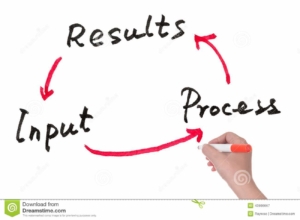
Leslie was miserable in his job and career path. She had been for years. As she turned 39, she made a vow to change careers by 40. She met with Career Counseling Connecticut when she was 44.
While this part of the story is not unusual for many Career Counseling Connecticut clients – most of whom say “I should have come here years ago” – Leslie’s was different than others for one basic reason: she actually knew what she wanted to do and how to get there.
90% of Career Counseling Connecticut’s clients have some combination of a vague idea or no idea. About 10% definitely know what they want to do but don’t know how to get there.
Leslie’s problem was that she didn’t act. There are always trade-offs when one switches careers. For those reaching 40, there usually will be a pay cut, at least temporarily. Leslie was miserable. But she didn’t leave her job at 40 or 41 or 42 etc.
I’ve written elsewhere about the tension between opportunity and transactional cost. Leslie was making the classic mistake of underestimating opportunity cost (by staying at something ahe didn’t want to do, she was giving up the opportunity to build a career in something she wanted to do) and overestimated the transactional cost (sure, she would take a step back in title and pay in the short term but had she made the move five years ago, she likely would have caught up in title and pay to the current levels of her misery producing job).
Most of my career counseling clients are “lost”, in the sense that they really don’t know what to do or they have vague thoughts about their preferred career direction. The content of our conversation provides the primary benefit of meeting. With Leslie, my comments and career tests on what she should do (she already knew!), risk analysis (she understood that he was not risking much in the long term), and opportunity/transactional cost (she nodded as she had thought the same thing many times) were not the primary benefits.
Instead, Leslie needed some type of interaction to give him the energy to make the move. One month after our meeting, Leslie started on her new path.